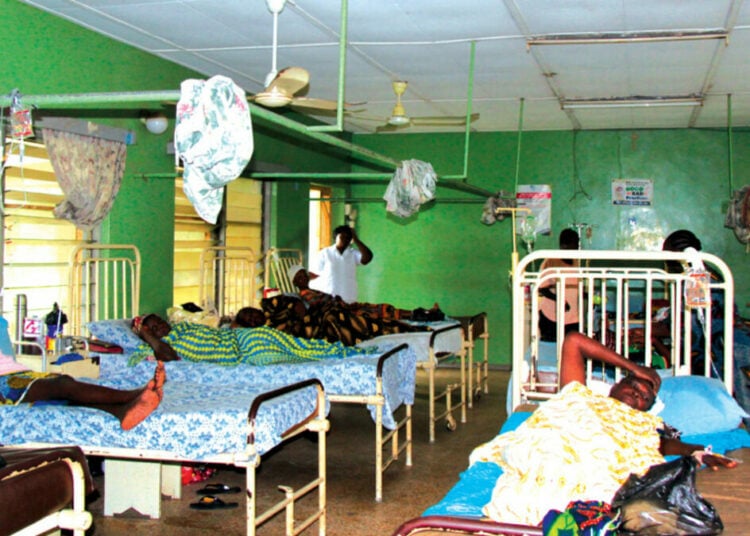A friend recently shared the story of a mother in rural Taraba whose child fell dangerously ill in the middle of the night. The nearest hospital was over two hours away, with rough terrain making the journey even more difficult. By the time they arrived, the child’s condition had worsened significantly. One can’t help but wonder: what if she had been able to connect with a doctor through telemedicine? What if digital tools had provided a diagnosis or advice before she embarked on that long journey?
This is not just her story, it is the harsh reality for millions of Nigerians who remain cut off from timely healthcare. Not because the medical knowledge doesn’t exist, but because the technology that could bridge the gap has yet to take root in our health system.
Globally, digital health has evolved from a buzzword into a critical lifeline. During the COVID-19 pandemic, the World Health Organization (WHO) reported that over 70 per cent of countries integrated telemedicine into their healthcare systems, allowing remote consultations and easing the burden on hospitals. Today, Artificial Intelligence (AI) is already being used to detect cancers through imaging, optimize hospital logistics, and even predict disease outbreaks before they occur.
In Nigeria, progress has been painfully slow. While our doctors are world-class, the tools they have to work with are outdated, and health technology policies continue to lag behind. According to the Nigerian Communications Commission (NCC), broadband penetration stood at just 48 per cent in 2023, meaning that over half of the population still lacks reliable internet access. Frequent power outages, weak infrastructure, and limited digital literacy further compound the challenge, making it difficult for digital health solutions to take root.
Our healthcare system is already under tremendous strain. With a doctor-to-patient ratio of 1:10,000, far from the World Health Organisation’s recommended 1:600 access to quality care remains a major challenge. Telemedicine has the potential to bridge this gap, yet most public hospitals still operate without basic electronic health records. Although Nigerian startups like Helium Health and Doctoora are pioneering digital health platforms, their services currently reach only a small fraction of the population.
The stakes are high. Without digital health adoption, Nigeria risks widening health inequality. In urban centers like Lagos and Abuja, elites can already access online consultations through private apps. But in rural Sokoto or Bayelsa, families still rely on word-of-mouth remedies or distant health centers.
Telemedicine is not just a convenience; it can mean the difference between life and death. AI-powered tools, for instance, can analyze blood samples faster than human doctors, detect diseases like malaria or tuberculosis early, and recommend treatment paths. In countries with similar challenges, such as Rwanda, AI-driven diagnostics are already part of national health systems.
So, what holds Nigeria back?
Infrastructure gaps: Unstable electricity and poor internet connectivity cripple telemedicine platforms.
Policy vacuum: The country lacks a clear national telemedicine law to regulate the practice and protect patients.
Skepticism: Many patients are wary of seeing doctors “through a screen.” Awareness remains low.
Cost: Digital health infrastructure requires heavy upfront investment, which is often deprioritised.
Yet, there is hope. Nigeria has over 170 million mobile subscriptions, making us Africa’s largest smartphone market (GSMA, 2023). Our youthful, tech-savvy population is primed for digital adoption. With the right push, mobile apps could support everything from maternal health check-ins to medication reminders.
Imagine rural clinics connected to teaching hospitals via telemedicine. Imagine AI tools helping nurses detect early signs of stroke or heart disease. Imagine fewer families traveling hours just to see a doctor. These are not far-fetched dreams; they are realities already unfolding in parts of Africa.
To catch up, Nigeria must act decisively,
Government investment: Integrate digital health into national health strategies, prioritsing internet and electricity in rural areas.





